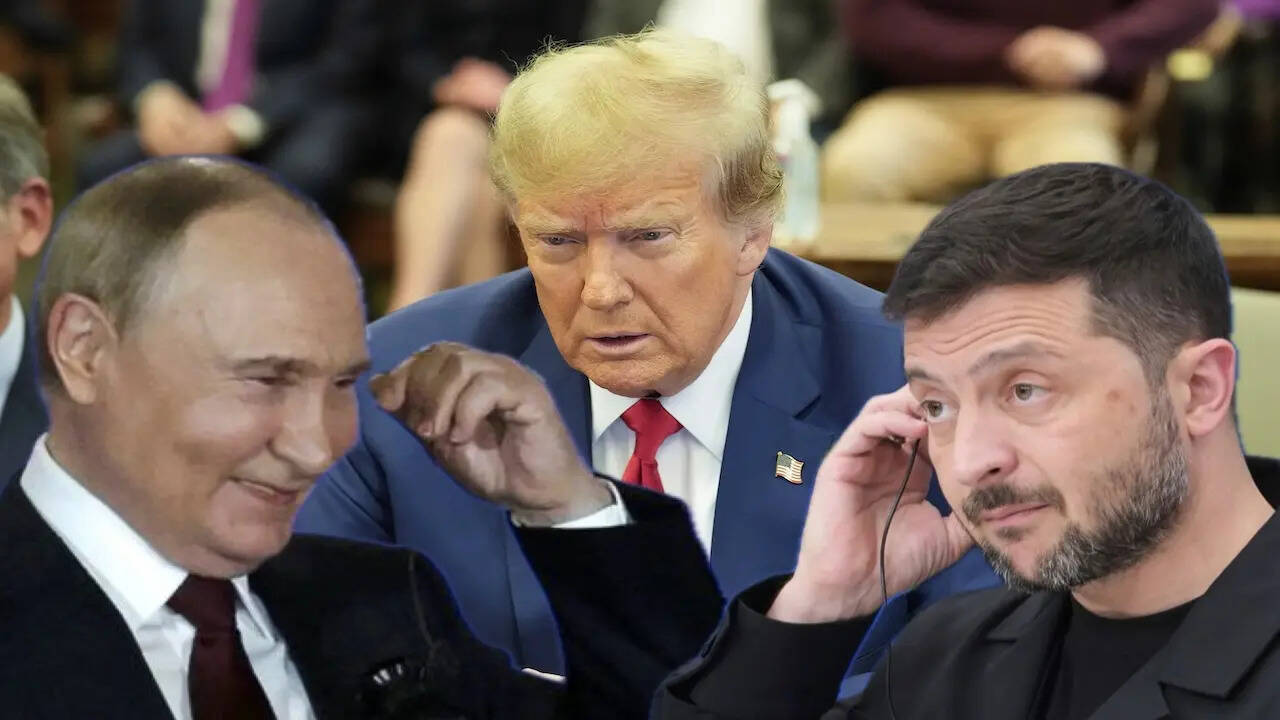
US President Donald Trump, Russian President Vladimir Putin and Ukrainian President Volodymyr Zelenskyy
Europe is facing a historic energy rebellion as Turkey, Hungary, and Slovakia openly defy NATO and EU pressure to abandon Russian oil supplies. The three allies continue to buy Russian oil and gas, prioritizing pipelines, domestic security, and winter preparedness over Western sanctions.
With the move, the three countries are sending a bold message: survival comes before ideology, and Russia takes precedence over NATO. The move is a major blow to the US effort to cut Russia’s energy revenue and highlights deep divisions within the NATO alliance, particularly as the EU plans to abandon Russian fossil fuels entirely by 2027.
Turkish Energy Minister Alparslan Bayraktar on Thursday signalled reluctance to abide by US President Donald Trump’s calls to cut energy ties with Moscow by saying that buying Russian oil is a commercial decision made by refiners.
“This is essentially the decision of private companies, distributors and refiners,” Alparslan Bayraktar told Turkish broadcaster CNNTurk. He said that Turkish refineries were built to process crude from nearby sources, making imports from Russia a technical necessity.
“We cannot tell our citizens, ‘we have run out of gas’,” he said.
Hungary and Slovakia have also shown reluctance to US guidance.
Last month, Hungarian Prime Minister Viktor Orban said that landlocked countries like his would face economic devastation if forced to give up piped Russian oil and gas.
Slovakia, another landlocked Eastern European country that borders Ukraine, is also resisting.
“Slovakia needs three, four, five different sources of gas and energy. We cannot replace dependence on Russia with dependence on the United States,” Peter Pellegrini told Trump, according to the statement.
Pellegrini said Slovakia cannot sufficiently diversify its energy suppliers on short order without technical and logistical support.
Europe’s energy order from Moscow has dropped significantly after the Russian invasion of Ukraine
From about 27% before the war, the purchases from Russia amount to only 3% of EU crude oil imports now, the EU estimated in May.
